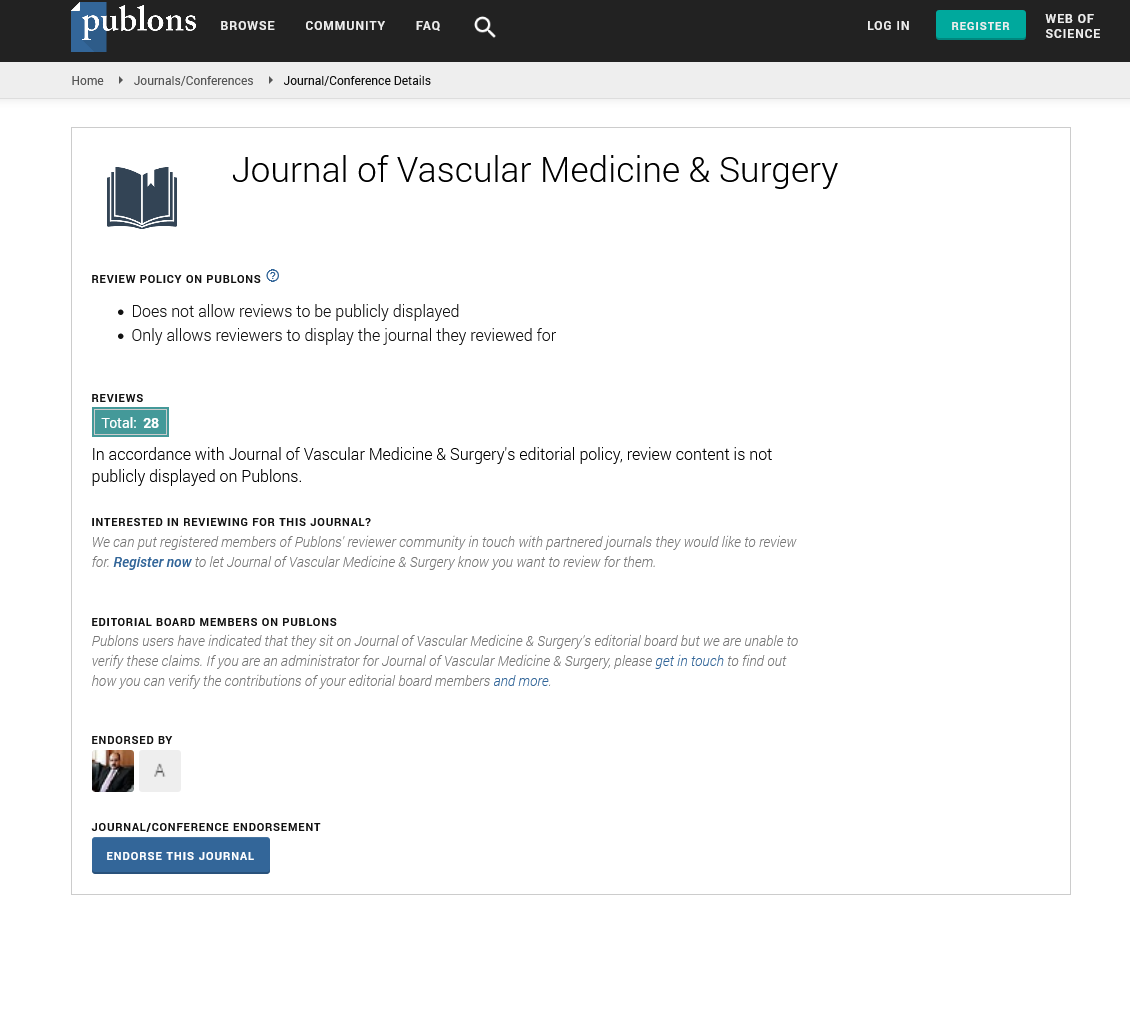Indexed In
- Open J Gate
- Academic Keys
- RefSeek
- Hamdard University
- EBSCO A-Z
- OCLC- WorldCat
- Publons
- Euro Pub
- Google Scholar
- SHERPA ROMEO
Useful Links
Share This Page
Journal Flyer

Open Access Journals
- Agri and Aquaculture
- Biochemistry
- Bioinformatics & Systems Biology
- Business & Management
- Chemistry
- Clinical Sciences
- Engineering
- Food & Nutrition
- General Science
- Genetics & Molecular Biology
- Immunology & Microbiology
- Medical Sciences
- Neuroscience & Psychology
- Nursing & Health Care
- Pharmaceutical Sciences
Abstract
Establishment and Validation of a Predictive Nomogram for Polyuria during General Anesthesia in Thoracic Surgery: A Mini Review
Jiajie Li and Zongwang Zhang*
Thoracic general anesthesia surgery advocates restrictive rehydration, and anesthesiologists focus on the problem of intraoperative oliguria, while the problem of intraoperative polyuria is seldom mentioned. However, in our clinical work, we have observed the phenomenon of intraoperative polyuria in some of the patients who underwent thoracic general anesthesia surgery, so we want to explore the factors affecting intraoperative polyuria in thoracic general anesthesia surgery, and we expect to establish a predictive model that can predict the incidence of intraoperative polyuria in thoracic general anesthesia surgery patients. We searched the literature and found only case reports of intraoperative polyuria caused by dexmedetomidine, ketamine, sevoflurane, propofol, opioids, etc., all of which were mentioned to be associated with the release of antidiuretic hormone. The aim of this study was to identify the factors affecting intraoperative polyuria in thoracic general anesthesia surgery and to establish a prediction model, which was validated to help anesthesiologists better manage volume.
Published Date: 2024-08-28; Received Date: 2024-07-27

